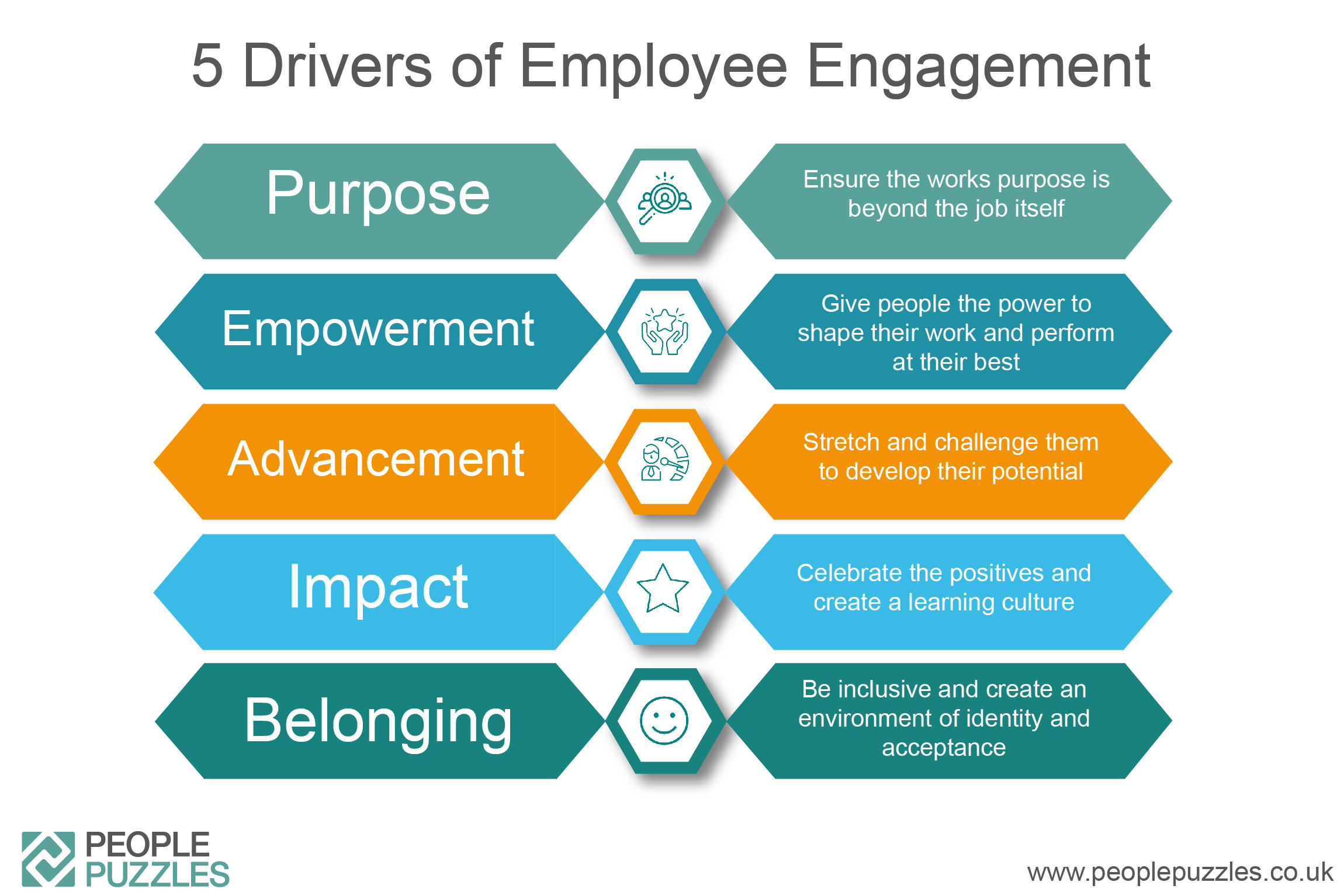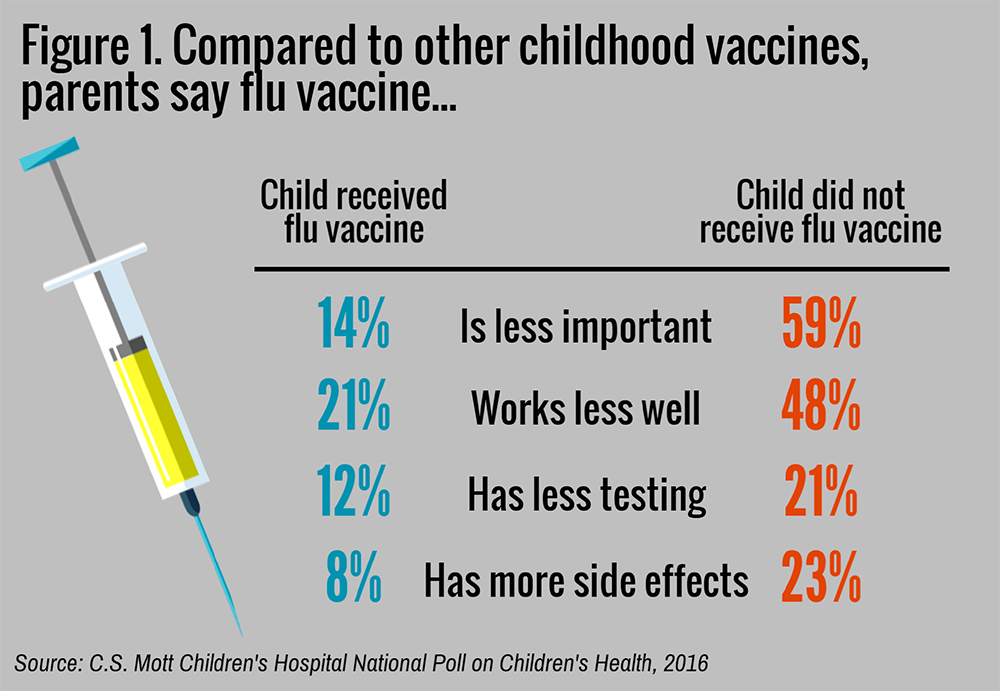The Untapped Potential Of Middle Managers: Maximizing Performance And Employee Engagement

Table of Contents
Understanding the Crucial Role of Middle Managers
Middle managers, also known as mid-level managers, team leaders, or supervisors, play a pivotal role in any organization. Their effectiveness directly impacts the overall health and productivity of the company.
The Bridge Between Leadership and Employees
Middle managers act as the crucial bridge, translating strategic goals from upper management into actionable tasks for their teams. They provide daily guidance, support, and feedback, ensuring that everyone is working towards shared objectives. Their responsibilities are multifaceted and demanding:
- Conducting performance reviews and providing constructive feedback
- Resolving conflicts and mediating disagreements within the team
- Managing projects, allocating resources, and tracking progress
- Mentoring and developing team members, fostering their growth
- Facilitating effective communication between team members and upper management
The Impact of Effective Middle Management on Organizational Success
High-performing middle managers are not just cogs in the machine; they are catalysts for organizational success. Their effectiveness directly correlates with:
- Improved employee morale and job satisfaction
- Reduced employee turnover and increased retention rates
- Increased efficiency and productivity across teams
- A stronger and more positive company culture
Strategies for Maximizing Middle Manager Performance
Investing in middle manager development is an investment in the entire organization. Several key strategies can significantly boost their performance:
Providing Targeted Training and Development
Equipping middle managers with the right skills is crucial for their success. Targeted training programs should focus on:
- Leadership skills: Developing their ability to motivate, inspire, and guide their teams.
- Communication skills: Improving their ability to communicate clearly, actively listen, and give constructive feedback.
- Conflict resolution: Equipping them with strategies to effectively address and resolve workplace conflicts.
- Coaching and mentoring: Developing their ability to nurture and support the growth of their team members.
Examples of effective training include leadership workshops, communication skills training, and emotional intelligence development programs. Investing in managerial training yields significant returns.
Empowering Middle Managers Through Delegation and Trust
Empowered middle managers are more engaged and effective. This requires:
- Delegating responsibilities appropriately, fostering a sense of ownership.
- Providing autonomy and allowing them to make decisions within their areas of responsibility.
- Cultivating a culture of trust and open communication, encouraging risk-taking and innovation.
Effective delegation strategies build confidence and improve overall team performance.
Establishing Clear Goals and Expectations
Setting clear, measurable, achievable, relevant, and time-bound (SMART) goals is paramount. This includes:
- Conducting regular performance reviews and providing constructive feedback.
- Establishing clear performance metrics and tracking progress towards goals.
- Implementing consistent feedback mechanisms to ensure alignment and address any issues promptly.
Effective performance management is crucial for maximizing middle manager effectiveness.
Enhancing Employee Engagement Through Middle Manager Support
Middle managers play a vital role in fostering a positive and engaging work environment.
Fostering Open Communication and Collaboration
Creating a culture of open communication is key:
- Holding regular team meetings to discuss progress, address concerns, and foster collaboration.
- Implementing open-door policies, encouraging employees to voice their opinions and concerns.
- Using employee feedback surveys to gather insights and identify areas for improvement.
Strong communication best practices are essential for building engaged teams.
Promoting Work-Life Balance and Employee Well-being
Supporting employee well-being is crucial for engagement:
- Offering flexible work arrangements where appropriate.
- Promoting mental health awareness and providing resources to support employees.
- Encouraging regular breaks and discouraging overwork.
Investing in employee well-being creates a more productive and engaged workforce.
Conclusion
Effective middle managers are the cornerstone of a successful organization. By investing in their training, empowering them through delegation, and fostering open communication, organizations can unlock the untapped potential of their middle managers, leading to increased employee engagement, improved productivity, and greater profitability. Unlock the untapped potential of your middle managers and transform your organization's performance. Invest in their development today!

Featured Posts
-
 Crumbach Resignation Implications For The Bsw And German Politics
Apr 27, 2025
Crumbach Resignation Implications For The Bsw And German Politics
Apr 27, 2025 -
 Ariana Grandes Drastic Hair And Tattoo Transformation A Professionals Perspective
Apr 27, 2025
Ariana Grandes Drastic Hair And Tattoo Transformation A Professionals Perspective
Apr 27, 2025 -
 Neuer Amphibien Und Reptilienatlas Fuer Thueringen Erschienen
Apr 27, 2025
Neuer Amphibien Und Reptilienatlas Fuer Thueringen Erschienen
Apr 27, 2025 -
 New Cdc Vaccine Study Concerns Over Researchers Misinformation History
Apr 27, 2025
New Cdc Vaccine Study Concerns Over Researchers Misinformation History
Apr 27, 2025 -
 Anti Vaccine Activists Role In Hhs Review Of Autism Vaccine Claims Raises Concerns
Apr 27, 2025
Anti Vaccine Activists Role In Hhs Review Of Autism Vaccine Claims Raises Concerns
Apr 27, 2025
